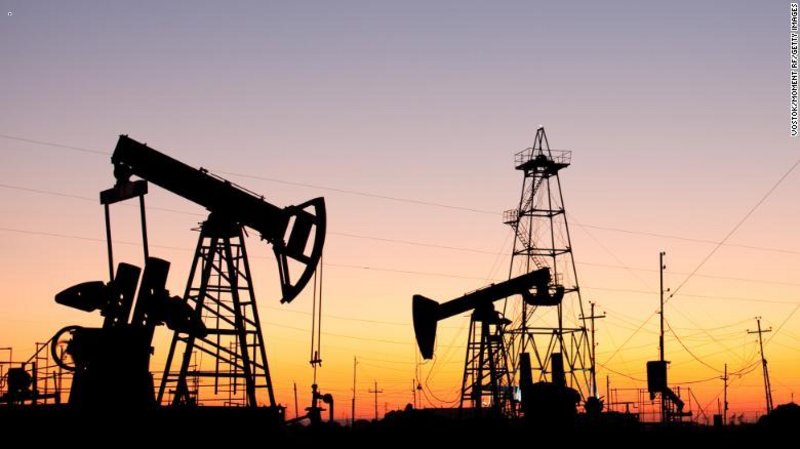Brent crude seeks to close its eighth week in a row with weekly gains, despite trading close to the levels of the opening session of the week, at a loss of 0.10%, trading at levels of $85.07 a barrel, and gains today, Friday, by 0.54%, after losing its highest level during the week, centered at $86.04 a barrel. Yesterday Thursday, in contrast, US crude (NYMEX) is trading at levels of $82.70 a barrel, rising today by 0.24% and heading to record weekly gains of about 1.1%.
Crude prices continued to receive support from market concerns about the shortage of coal and gas in China and India and the global energy crisis, especially with the approach of winter, which supports the shift to diesel and fuel oil for power generation.
The sudden drop in crude oil stocks in the United States of America on Wednesday formed additional support for crude prices during the week, as data from the US Energy Information Administration showed a sudden drop in oil stocks in the last week ending mid-October by 0.4 million barrels, compared to expectations that indicated an increase of 2 million barrels, which included Gasoline stocks fell by 5.4 million barrels, and distillate stocks, which include heating and diesel fuels, fell by about 3.9 million barrels.
Meanwhile, a report issued by the World Bank said today, Friday, that energy prices are expected to continue to rise in the first half of next year, which raises the risks of inflation in the near term, especially for developing countries, while the report expects that energy prices will begin to decline by the middle of the year.
next . During the weekly session, we followed various statements from the US President and Russian President Putin regarding oil prices and OPEC, as the US President is still trying hard to pressure the organization and its independent allies led by Russia, urging them to increase production.
Russian President Putin announced yesterday, Thursday, that the system has pumped larger quantities than what was previously agreed upon, but many countries are unable to raise their production levels.

 22 October، 2021
22 October، 2021
 ابحاث السوق
ابحاث السوق
 Views
: 871
Views
: 871
